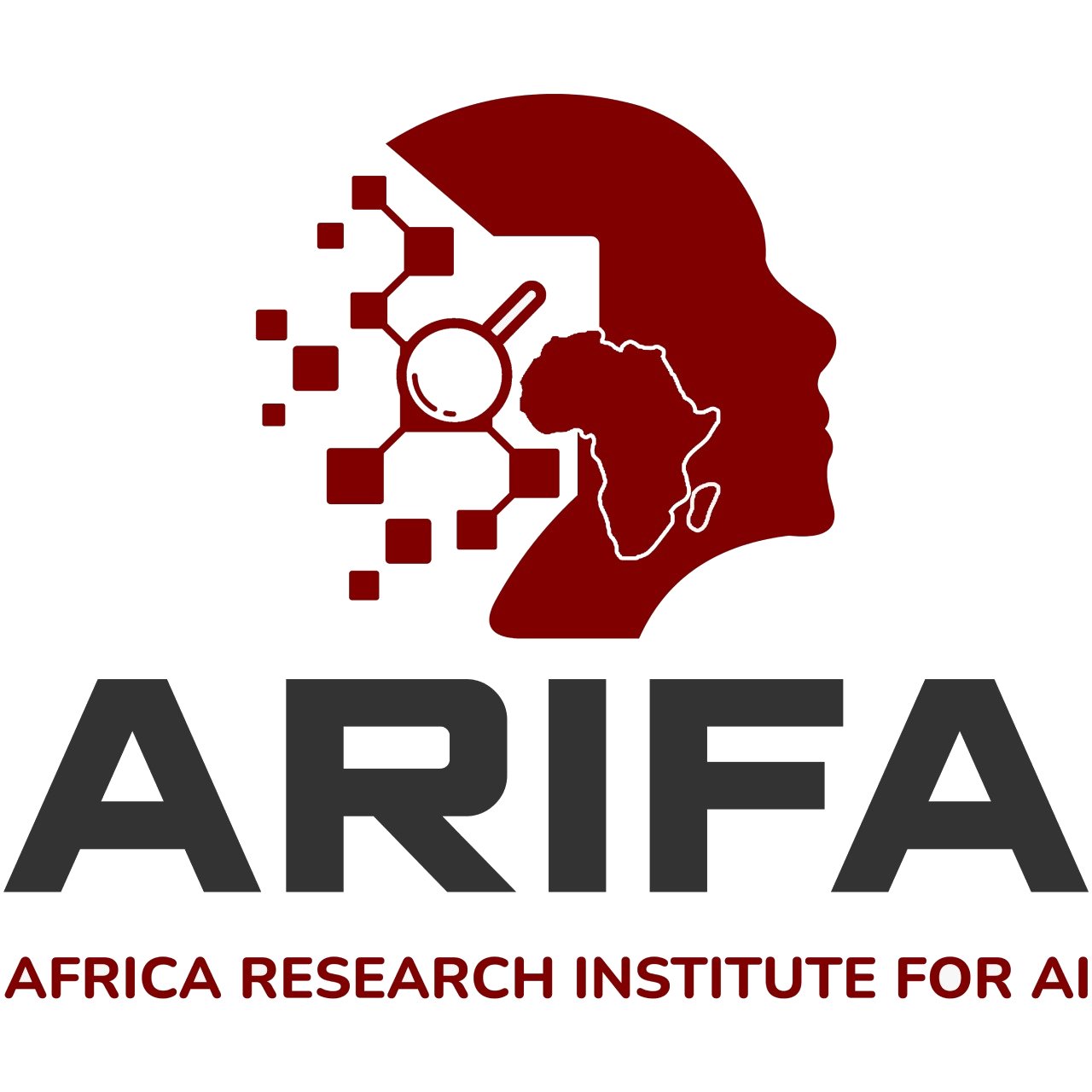
Recent Developments in Diagnostic and Therapeutic Approaches in Psychiatric Disorders and Brain Dysfunction
His ongoing research project explores emerging advancements in the diagnosis and treatment of psychiatric and neurological disorders. The focus is to collect and analyze groundbreaking studies that offer new insights into the underlying mechanisms of brain dysfunction and mental health conditions.
The project encompasses a wide range of psychiatric disorders, including Autism Spectrum Disorder, Depression, Anxiety, Bipolar Disorder, Schizophrenia, OCD, PTSD, ADHD, Eating Disorders, and Borderline Personality Disorder. It also includes investigations into major neurological conditions such as Alzheimer’s disease, Parkinson’s disease, Stroke, Epilepsy, Multiple Sclerosis, ALS, and Traumatic Brain Injury.
A unique aspect of this initiative is its attention to recent discoveries like the brain’s glymphatic system, an area gaining attention for its potential role in both psychiatric and neurological disease processes. By understanding these mechanisms, the project aims to identify innovative diagnostic tools and therapeutic interventions that could reverse, prevent, or slow the progression of these disorders.
Ultimately, the findings will contribute to a paradigm shift in neuroscience and mental health, offering new hope for improving brain health and quality of life for individuals affected by these complex conditions.
